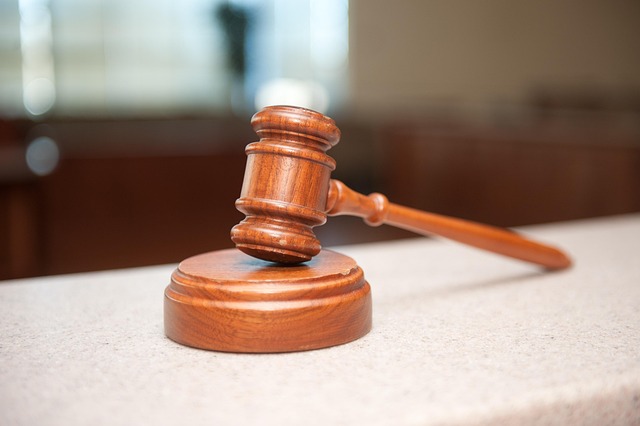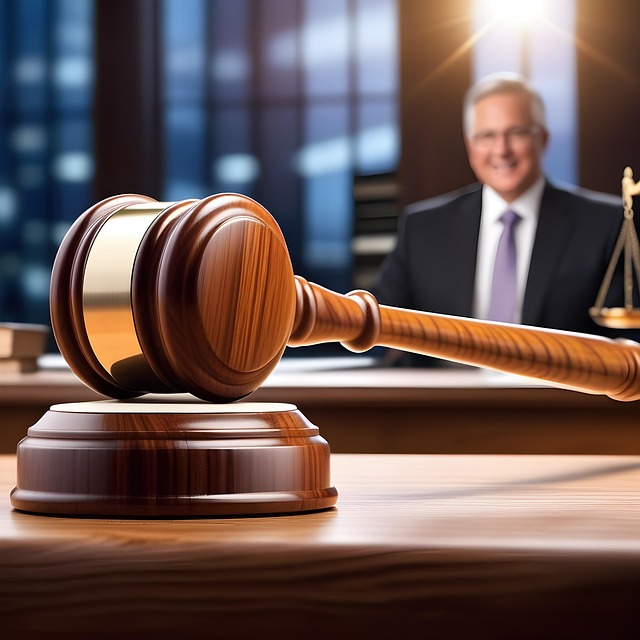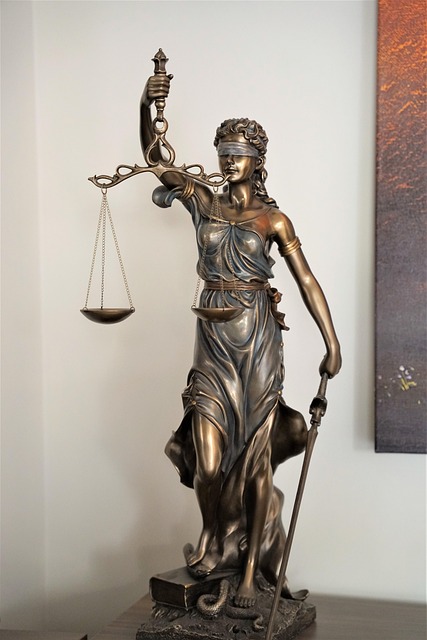Whistleblower Protection Laws are crucial for transparency and accountability, encouraging employees to report unethical activities without fear of employer retaliation. In lawsuits involving complex crimes, these laws aim to balance defendants' due process rights with public interest. Effective defenses include protecting confidential information, fair hearing, and strategic trial preparation. High-profile cases like Johnson v. City of New York (2018) highlight the delicate balance between promoting transparency and safeguarding public servants from retaliation. Protecting defendant rights during trial is paramount for achieving fair legal outcomes and maintaining public integrity in whistleblower cases.
Whistleblower protection lawsuits have become increasingly prevalent, raising complex legal issues for defendants. This comprehensive guide explores critical aspects of these cases, focusing on protecting defendant rights during trial. From understanding whistleblower protection laws and the roles of defendants to navigating strategic defenses and high-profile case studies, this article offers valuable insights into the intricate world of whistleblower litigation. Learn how to effectively manage these suits, ensuring fair treatment for all parties involved.
- Understanding Whistleblower Protection Laws: A Comprehensive Overview
- The Role of Defendants in Whistleblower Suits: Rights and Defenses
- Navigating the Legal Landscape: Strategies for Defending Against Whistleblower Claims
- Protecting Defendant Rights During Trial: Key Procedural Considerations
- Case Studies: High-Profile Whistleblower Protection Lawsuits and Their Impact
Understanding Whistleblower Protection Laws: A Comprehensive Overview

Whistleblower Protection Laws are a crucial aspect of ensuring transparency and accountability within organizations, especially in cases involving white-collar and economic crimes. These laws safeguard individuals who expose unethical or illegal activities from potential retaliation by their employers. Understanding these protections is essential for both plaintiffs seeking to come forward and defendants ensuring their rights during trial.
The primary objective of whistleblower protection is to encourage employees to report fraudulent, corrupt, or unsafe practices without fear of persecution. When a whistleblower steps forward, he or she should be protected from adverse employment actions, including termination, demotion, or reduction in pay. This legal framework also extends to non-monetary forms of retaliation, such as harassment or discrimination. Achieving extraordinary results for his clients is often the goal of attorneys specializing in these cases, who navigate complex legal landscapes to protect defendant rights and ensure fair outcomes.
The Role of Defendants in Whistleblower Suits: Rights and Defenses

In whistleblower protection lawsuits, defendants play a crucial role, balancing their rights with the public interest in exposing wrongdoings. When faced with such legal actions, they have several defenses at their disposal. One primary focus is protecting their rights during the trial process while ensuring they can respond appropriately to allegations without fear of retaliation. This includes the right to present their version of events and challenge the evidence against them.
Defendants must navigate all stages of the investigative and enforcement process, asserting their due process rights and ensuring a fair hearing. They may argue that the disclosure of confidential business information is unjustified or that they have taken reasonable steps to avoid indictment. By understanding and exercising these defenses, defendants can safeguard themselves while contributing to maintaining integrity in respective businesses and industries.
Navigating the Legal Landscape: Strategies for Defending Against Whistleblower Claims

Navigating the legal landscape surrounding whistleblower protection lawsuits requires a strategic approach to safeguard defendant rights during trial. These high-stakes cases often involve complex white collar and economic crimes, demanding robust defenses that can lead to winning challenging defense verdicts. A key strategy is thorough pre-trial preparation, including meticulous document review to uncover potential weaknesses in the whistleblower’s case.
Moreover, building a strong evidentiary foundation through expert testimony and comprehensive fact witness examination can undermine the whistleblower’s credibility. Effective communication of legal arguments, coupled with a nuanced understanding of applicable laws and regulations, enables defense teams to present compelling cases that protect their clients’ interests while ensuring procedural fairness throughout the trial process.
Protecting Defendant Rights During Trial: Key Procedural Considerations

Protecting Defendant rights during whistleblower lawsuit trials involves a nuanced balance between upholding justice and ensuring due process. Key procedural considerations are essential to maintain fairness for all parties involved, especially when addressing sensitive matters like white-collar and economic crimes. While the primary focus is often on protecting the whistleblower’s right to come forward, it’s equally vital to safeguard the defendant’s ability to mount a robust defense through access to legal representation, a fair hearing, and the presentation of evidence.
The philanthropic and political communities recognize this delicate balance, increasingly advocating for transparent and equitable processes in these high-stakes cases. Jury trials play a crucial role here, as they ensure citizen participation and scrutiny, fostering accountability while also providing an avenue for both sides to present their cases openly. Effective implementation of procedural safeguards ensures that justice is served without compromising the fundamental rights of those facing accusations, fostering trust in our legal system’s ability to handle complex whistleblower protection lawsuits fairly.
Case Studies: High-Profile Whistleblower Protection Lawsuits and Their Impact

Whistleblower protection lawsuits have seen several high-profile cases that highlight both the power and complexities involved in defending individuals who expose wrongdoing within their organizations. These cases serve as crucial case studies, demonstrating how protecting defendant rights during trial is paramount, not just for fair legal outcomes but also for fostering a culture of ethical reporting.
For instance, prominent instances such as Johnson v. City of New York (2018) showcased the intricate balance between upholding transparency and safeguarding public servants from retaliation. The case, involving a police officer who revealed corruption within his department, underscored the importance of rigorous legal strategies that defend the rights of whistleblowers while ensuring due process for those accused of misconduct. These high-stakes cases, navigating all stages of the investigative and enforcement process, often result in achieving extraordinary results—not just for the individuals involved but for societal trust in justice systems.
Whistleblower protection lawsuits pose significant challenges for defendants, but understanding the legal landscape and employing strategic defenses are crucial to protecting rights. By navigating the intricacies of these cases, from procedural considerations during trial to high-profile case studies, defendants can ensure a fair process while safeguarding their interests. Ultimately, recognizing the importance of balancing public interest with individual rights is essential in upholding justice within whistleblower protection lawsuits.






